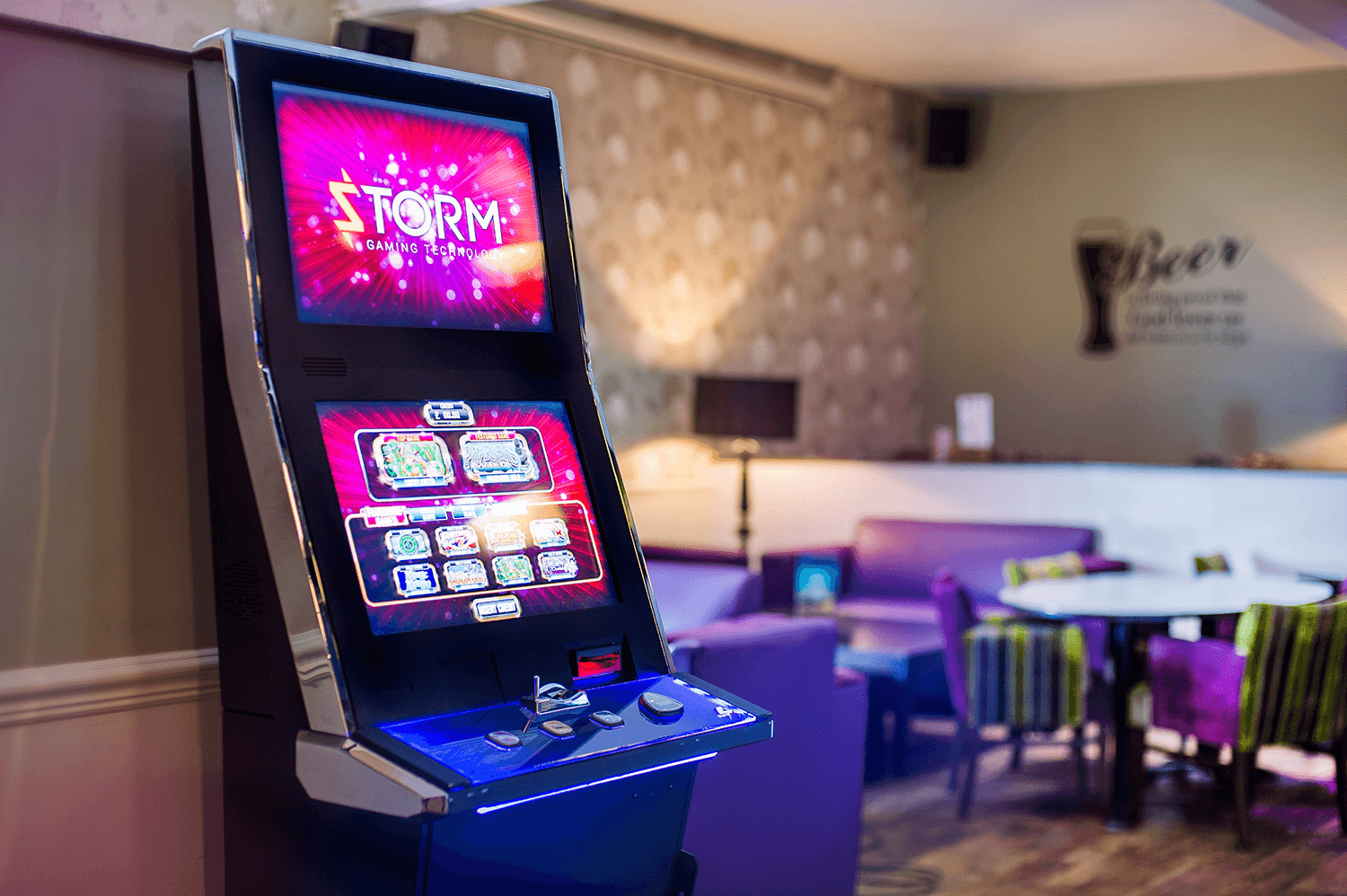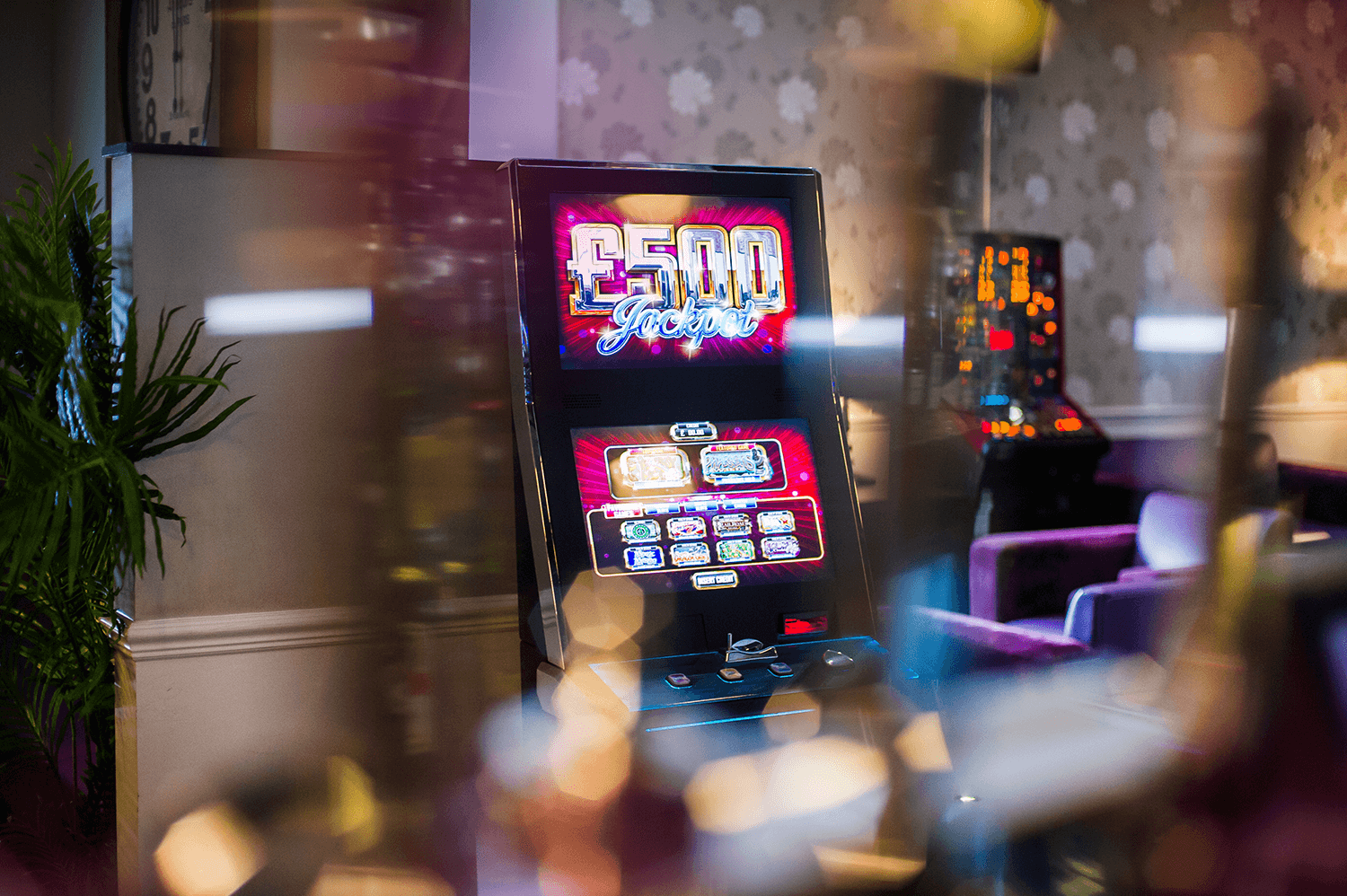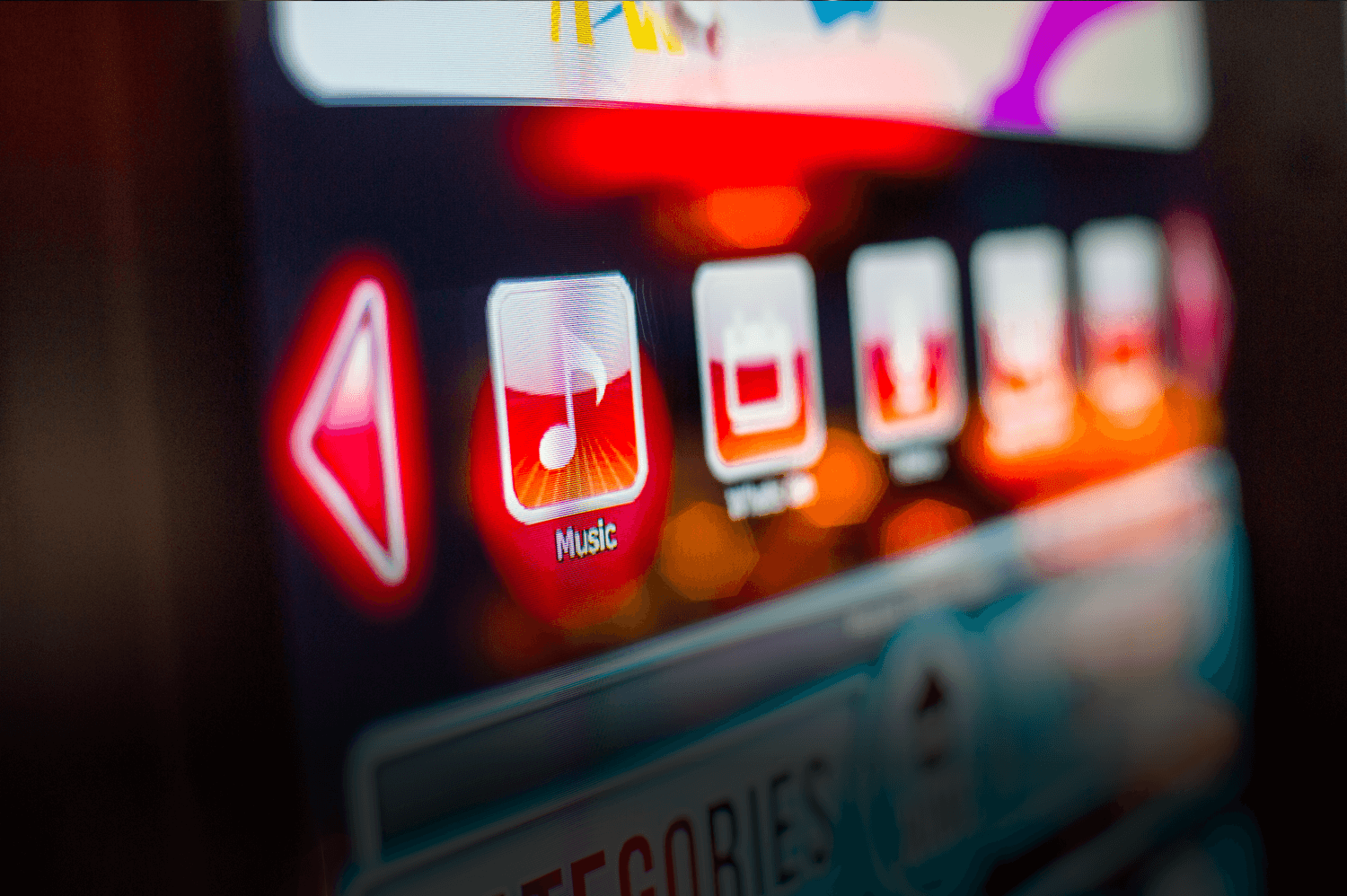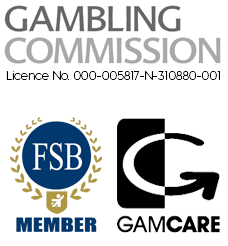Legislation Information
Are you legal?Notification of 2 or Less Gaming Machines
The Gambling Act 2005 introduced a range of permits for gambling which are granted by the licensing authorities. Permits are required when premises provide a gambling facility but either the stakes and prizes are very low or gambling is not the main function of the premises.
In England and Wales if you are under 16, you can go into arcades but must not play on fruit machines giving a £10 or more cash payout.
If you are between 14-18 you can go into a pub, but you are not allowed to play on fruit machines with a cash payout of £10 or more. A sign stating that the machines are restricted to over-18’s must be displayed.
There is no longer an age limit for playing on fruit machines with a maximum cash or token prize of up to £8.
Another service offered by FMS is all relevant administration and renewal dates are met by us.

Club Gaming Permits & Club Machine Permits
The Gambling Act 2005 introduced a range of permits for gambling which are granted by the licensing authorities. Permits are required when premises provide a gambling facility but either the stakes and prizes are very low or gambling is not the main function of the premises.
In England and Wales if you are under 16, you can go into arcades but must not play on fruit machines giving a £10 or more cash payout.
If you are between 14-18 you can go into a pub, but you are not allowed to play on fruit machines with a cash payout of £10 or more. A sign stating that the machines are restricted to over-18 must be displayed.
There is no longer an age limit for playing on fruit machines with a maximum cash or token prize of up to £8.
A Club Machine Permit covers the premises for up to three category B4 machines. This is a maximum of £1 price of play and a £250 jackpot.
A Club Gaming Permit covers the premises for up to three category B4 machines plus equal chance games.

Music Licences
Playing recorded music in public legally requires a licence.
What Is The Difference Between PPL and PRS For Music?
PPL and PRS for Music are two seperate companies. Whilst carrying out similar functions the two organisations operate independently, represent difference rights holders and have seperate tariffs, terms and conditions.
PPL collects and distributes money for the use of recorded music, on behalf of record companies and performers. PRS for Music collects and distributes money for the use of music and lyrics, on behalf of songwriters, composers and publishers. Playing recorded music in public legally requires you to obtain both licences.
PPL Licence – If you play recorded music or music videos in public, or broadcast music (or copy music in order to do so) in the UK, you will require the appropriate licence from PPL.
Whether you are playing the radio, CDs, TV, music videos or using a more specialist music service provided by a PPL licensed supplier, you are required by law to have a PPL licence for playing music in public.
PRS Licence – A Music Licence permits you to play copyright music for your staff and customers; however you choose to play music (public performance). In your premises this might include: music on TV channels, Radios, CD and MP3 players, digital music systems, music on hold, live bands and DJs and karaoke machines.
To find out more, please visit PPLUK.COM

FMS supply, deliver, install, and maintain all equipment.
Head Office
Francis Machine Solutions Ltd, Unit 23, Wilden Industrial Estate, Stourport-on-Severn, Worcestershire, DY13 9JY

Get in touch...
call 01299 877759
email enquiries@francismachines.co.uk
